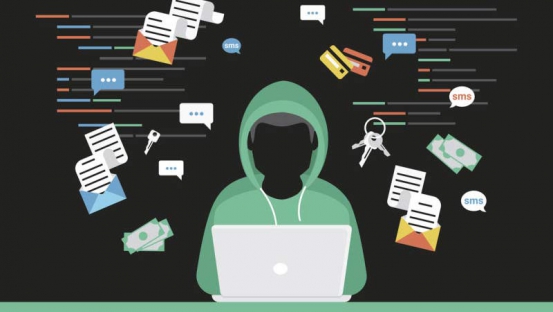×
The Standard e-Paper
Fearless, Trusted News

Should you feel the urge to download and install a less-known mobile application from Google Playstore, just be cautious.
It might just be one of the many conduits cyber-criminals are using to steal vital information from your phone, including PINs and bank account passwords.